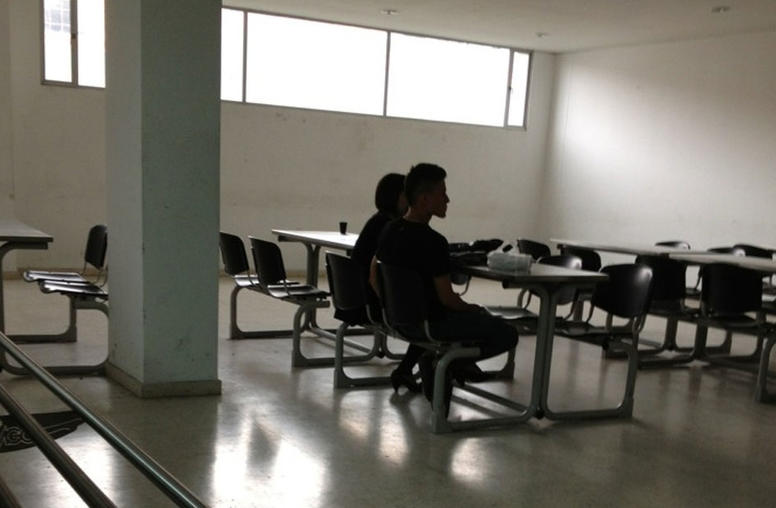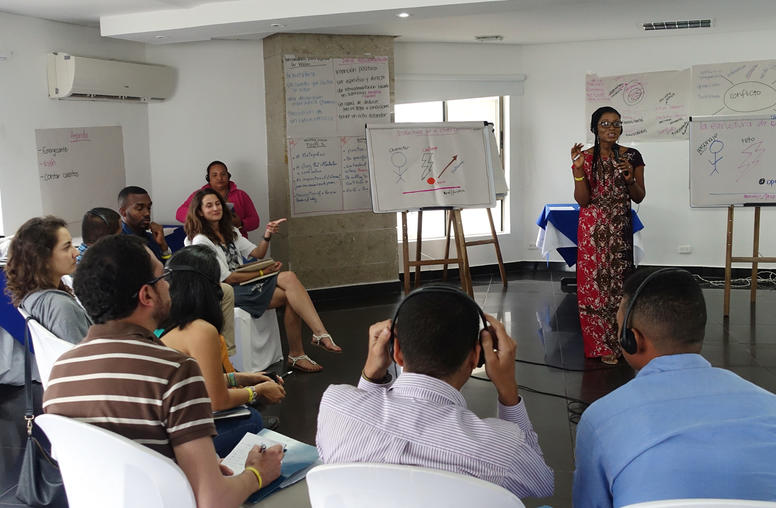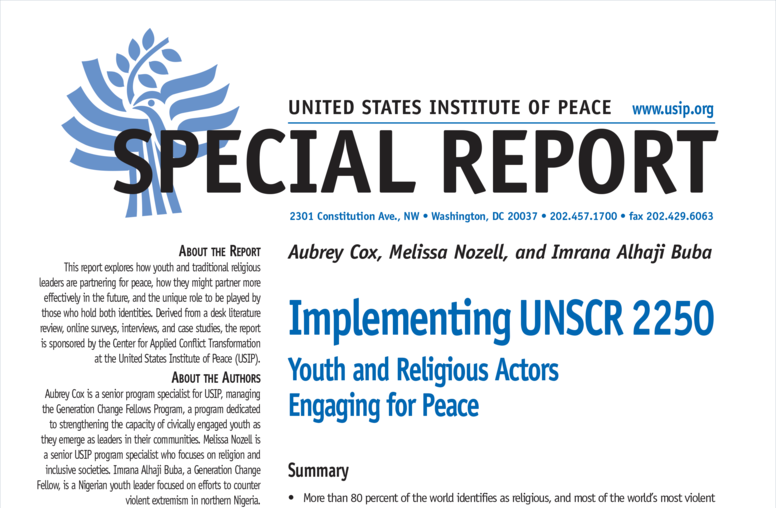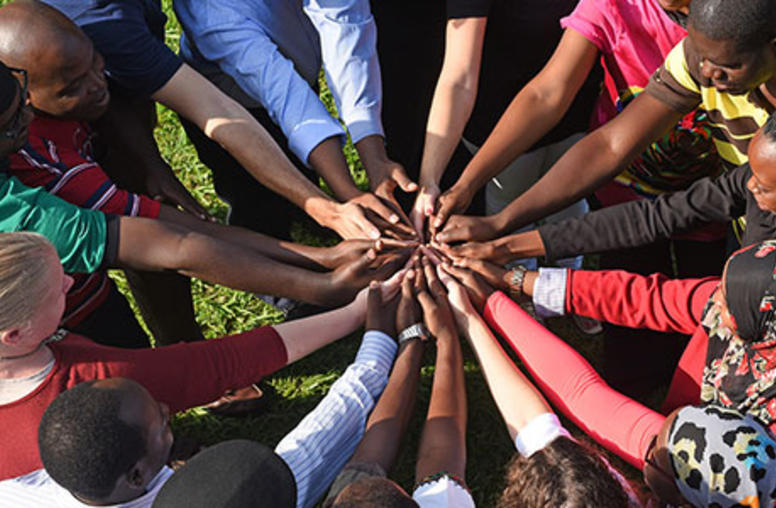The Generation Change Fellows Program partners with young leaders across the globe to foster collaboration, build resilience and strengthen capacity as they transform local communities. It is a partnership between the U.S. Institute of Peace (USIP) and the USC Center for Religion and Civic Culture.
Background
With over 1.2 billion people across the globe below the age of 35, young people have the opportunity to be powerful agents of change. However, as they navigate the difficult transition from adolescence to adulthood, they can be tempted by external parties or ideologies and hindered by corruption, high unemployment rates, and discrimination, sometimes being drawn into violent extremism or electoral violence.
Even the most dedicated young leaders face challenges and burnout as they work to create change. They often work in isolation, or lack the knowledge, skills, and resources to maximize their efforts and increase their personal resilience. USIP developed the Generation Change Fellows Program (GCFP) to counter this isolation through a family-like community of practice, to augment the existing knowledge and skills of participants through mentorship and training, and to partner with them in community-led peacebuilding initiatives.
GCFP carefully selects small cohorts of dedicated peacebuilders aged 18-35 through a highly competitive application process. Tackling some of the world's most difficult challenges-from countering violent extremism to enhancing gender equality-these Fellows hold leadership roles within their local communities. The program is currently active in Africa (Egypt, Morocco, Tunisia, Somalia, Sudan, Kenya, Uganda, and Nigeria) and the Middle East (Jordan and Yemen).

The 24-month Fellows Program—which includes access to Global Campus courses for ongoing learning—provides these young civic leaders with the following skills and experiences:
Conflict Management Skills
Developing the core conflict management skills of active listening, relationship building, negotiation, mediation and dialogue and working cooperatively to find mutually agreeable solutions among parties.
Leadership Development Skills
Providing emerging leaders with practical skills in communication, leadership presence, and story-telling to help them articulate their vision and mission more effectively and create healthier, more stable organizations.
A Dynamic Community of Civic Leaders
Creating lasting relationships built on trust so that Fellows are able to turn to one another for advice and assistance both digitally and in person.
Participatory Action Research (PAR)
U.N. Resolution 2250 places youth at the center of the peacebuilding agenda. The Generation Change program has launched an initiative to build the capacity of Generation Change Fellows to facilitate community-based, participatory research to increase the voice of youth in local and national peacebuilding efforts and policymaking.
The Peaceworks publication "Participatory Action Research for Advancing Youth-Led Peacebuilding in Kenya" documents six Generation Change Fellows' work with PAR in their communities. This work is further documented in the short film, "When Youth Build Peace: Participatory Action Research in Kenya."
The Generation Change Fellows Program is implemented in partnership with USC Center for Religion and Civic Culture.








